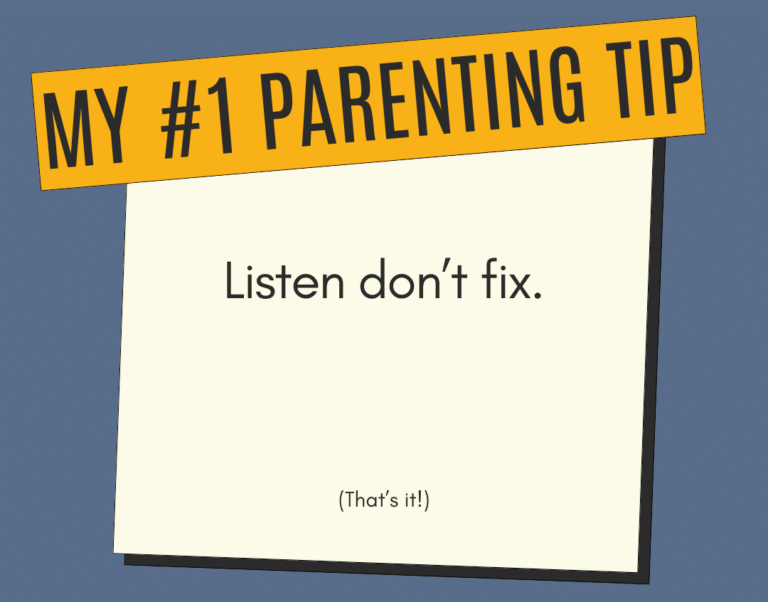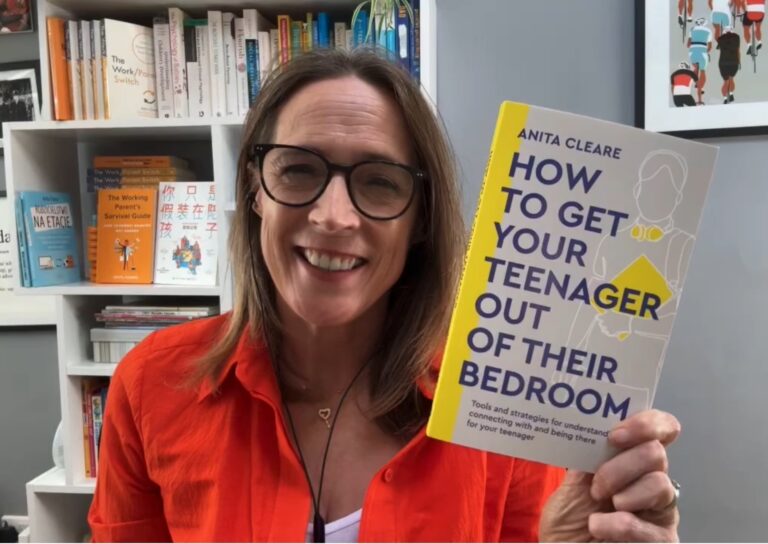Preparing teenagers for leaving home: checklist
The teenage years are a time when parental focus shifts away from creating a happy childhood towards ensuring our children have the skills and knowledge they need to become happy and successful young adults. An essential part of this process is equipping young people to thrive outside the protection and comforts of our family. And that means actively preparing teenagers for leaving home.
Every teen matures at a slightly different rate. But promoting independence isn’t just about our teenager’s maturity. Parents have a huge role to play. Preparing teenagers for leaving home requires us as parents to actively change our expectations of our children and start treating them as the young adults we want them to become. And that means doing less for them and expecting more from them. We do our children no favours if we send them out into the adult world unable to manage for themselves!
Teaching new skills to children of any age requires parents to:
- Model the skill (show them how it’s done)
- Aid supported practice (do it alongside them)
- Facilitate independent production (step back and give them opportunities to do it alone).
When it comes to teenagers, that means:
- Having appropriate expectations as to what they are capable of (not under-expecting or doing everything for them)
- Allowing them to make mistakes and learn from them (not rescuing them from every risk of failure)
- Understanding what might motivate them to take on new responsibilities (standing in their shoes).
Preparing teenagers for leaving home involves building their practical skills, their thinking skills, their organisational skills and their knowledge of the world and the way it works. Here are a few tips for how you can best prepare teens for independence in the big wide world.
Build independent decision-making skills
We can’t expect teenagers to make good decisions without practice. So start involving younger teens in family decision-making and be prepared to hand over decisions about their own lives to them. Parents can coach teens in problem-solving by talking through options and modelling how to evaluate different choices. But at some stage you have to let them make their own decisions (even if that means they make choices you don’t like). Don’t worry if they make mistakes – getting it wrong is part of how we learn to get it right. Teenagers learn to make good decisions when they:
- Participate in decision-making
- Feel that their opinions are listened to and valued
- Are allowed to make mistakes and accept the consequences of their decisions
- Can’t pressure parents into taking responsibility or blame
Coach self-management and self-organisation
When children are younger, parents tend to take on the organisational role. We make and remember their appointments for them (and get them there on time). We organise lifts to netball practice and remind them to take their violin to school. But as the teenage years progress, we need to handover responsibility for self-organisation to our teens. They need to learn to set their own goals, plan their own route, motivate themselves to do the things that will achieve their plan (and inhibit distractions that get in the way!) and evaluate and adjust as they go along. These are the self-discipline and self-management skills teens will need to succeed as independent young adults. So parents need to step back and let them practise them.
Teenagers’ brains are still developing the frontal lobe executive functions that underpin self-organisation skills. So, help them out by teaching them to use external prompts like diaries/planners, revision schedules and pop-up reminders in their phone. Rather than nagging or reminding, if you think your teen has forgotten or overlooked something, try asking “What’s your plan about X?” It might be that they have thought a lot about X and actually do have a plan (even if you can’t see it)! Or, it might be that your prompt nudges them to remember that they do need a plan. Rather than jumping in to take over or contribute, just ask “Do you need anything from me to help you achieve that?”
Teach real world financial skills
Learning to live within their income and manage a budget starts with being allowed to manage their own pocket money / allowance and having opportunities to work in order to earn wages. You can give teens budgets for specific projects such as redecorating their bedrooms or buying clothes for a specific occasion. I used to give my younger teens a fixed amount of money for buying Christmas gifts for family members – they had to manage choosing and buying for everyone within that budget. I also highly recommend sending teenagers to the supermarket with a list and a budget to practise household shopping!
Don’t forget to talk to teenagers about financial safety and identity theft once they have a bank account or debit card. Teens can easily become the targets of fraud attempts by phone or via phishing emails and they don’t always understand the value of their personal data.
Hand over household responsibilities
In order to become independent adults, teenagers need to learn how to look after themselves, their possessions and their environment. That means teaching them to shop, to cook, to clean, to do laundry and to change their own sheets. None of those are particularly difficult tasks – most of all, they take practice and self-motivation. But none of them are particularly fun tasks either (at least, not when you have to do them again and again and again!). The key to getting teens to practice these skills is finding the right motivation.
When it comes to household chores, I have learnt a simple but very valuable lesson: teenagers will start doing things for themselves when you stop doing it for them. Take laundry, for example. It’s not enough just to teach your teenager how to use the washing machine. If you actually want them to take responsibility for their own laundry, you need to stop doing it for them. Teens will quickly learn to pick up the slack when they run out of socks or when their favourite outfit is needed for a party. (But they won’t bother if there is an easier Mum/Dad option available!). I tried encouraging my teenager to learn to cook for years, with little success. The day his A Level exams finished, I explained that he was now on holiday while I was working full time. And, since he wasn’t prepared to commit to always being in the house at dinner time, I would no longer be cooking his meals. Hey presto, he learnt to cook!
Make sure they know how to keep themselves safe
Teenagers often assess risks differently from adults due to their specific stage of brain development (see What’s going on in my teenager’s brain?). One of the best ways to help them have a more rounded approach to risk assessment is to ensure they have essential facts and to talk them through hot topics using “What if…” questions. Hot topics you will want to cover include:
Letting go and allowing our children to become young adults isn’t always easy for parents (that’s the reason I call them the hurtful teenage years). There are bound to be some pangs and prangs along the way. But by actively preparing teenagers for leaving home, we can feel a little easier seeing them set off on their adult journey and its new joys ahead.
| Want more details on talking to teens without criticising? Watch our 10-minute video on Talking to teens about difficult topics. |
*This post contains affiliate links.








